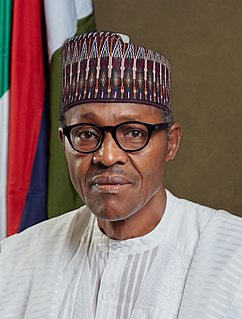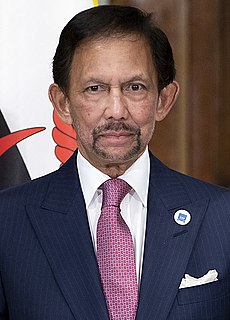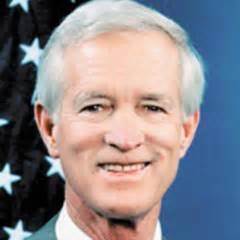A Quote by George Kaiser
During the desperate depression of the 1980s, there were no oil and gas companies without net operating losses.
Related Quotes
Then there is another area of activity - economic interaction between Russia and the United States. Right now, for example, it has already been made public that we signed a large deal to privatise one of our biggest oil and gas companies, Rosneft. We know for sure that US companies, as well as Japanese ones, by the way, are keenly interested in cooperation in Russia's oil and gas sector, in joint work. This has immense significance for world energy markets and will directly affect the whole world economy.
The foreign companies, especially oil prospects and development companies, have been in Nigeria for about two generations - 40 years and above and so on. So, they know the environment. They stayed that long. They continue to invest because they know the potential Nigeria has in oil and gas and the capacity of the people to learn and work hard.
Oil companies have gas stations. There's this whole huge structure that is about finding a new liquid for the tank. And the idea that maybe there shouldn't be a liquid, that maybe the best is an electrical grid, a sustainably powered electrical grid that we all plug into, that doesn't sit well with oil companies.
My heart breaks living in southern Utah on the edge of America's Redrock Wilderness, witnessing what the Bush Administration's policies regarding oil and gas exploitation are doing to our public lands that belong to all Americans. Their policy is not about the public or the public's best interest. It is about the oil and gas corporations' best interests. The Secretary of the Interior is urging the Bureau of Land Management to support the gas and oil industry's most extreme drilling scenario in some of the American West's most pristine and fragile areas without proper legal and public input.
First, the oil and gas business pays its fair share of taxes. Despite the current debate on energy taxes, few businesses pay more in taxes than oil and gas companies. The worldwide effective tax rate for our industry in 2010 was 40 percent. That's higher than the U.S. statutory rate of 35 percent and the rate for manufacturers of 26.5 percent.
Venezuela has the biggest oil reserves in the world. And the biggest gas reserves in this hemisphere, the eighth in the world. Venezuela was a U.S. oil colony. All of our oil was going up to the north, and the gas was being used by the U.S. and not by us. Now we are diversifying. Our oil is helping the poor.



































